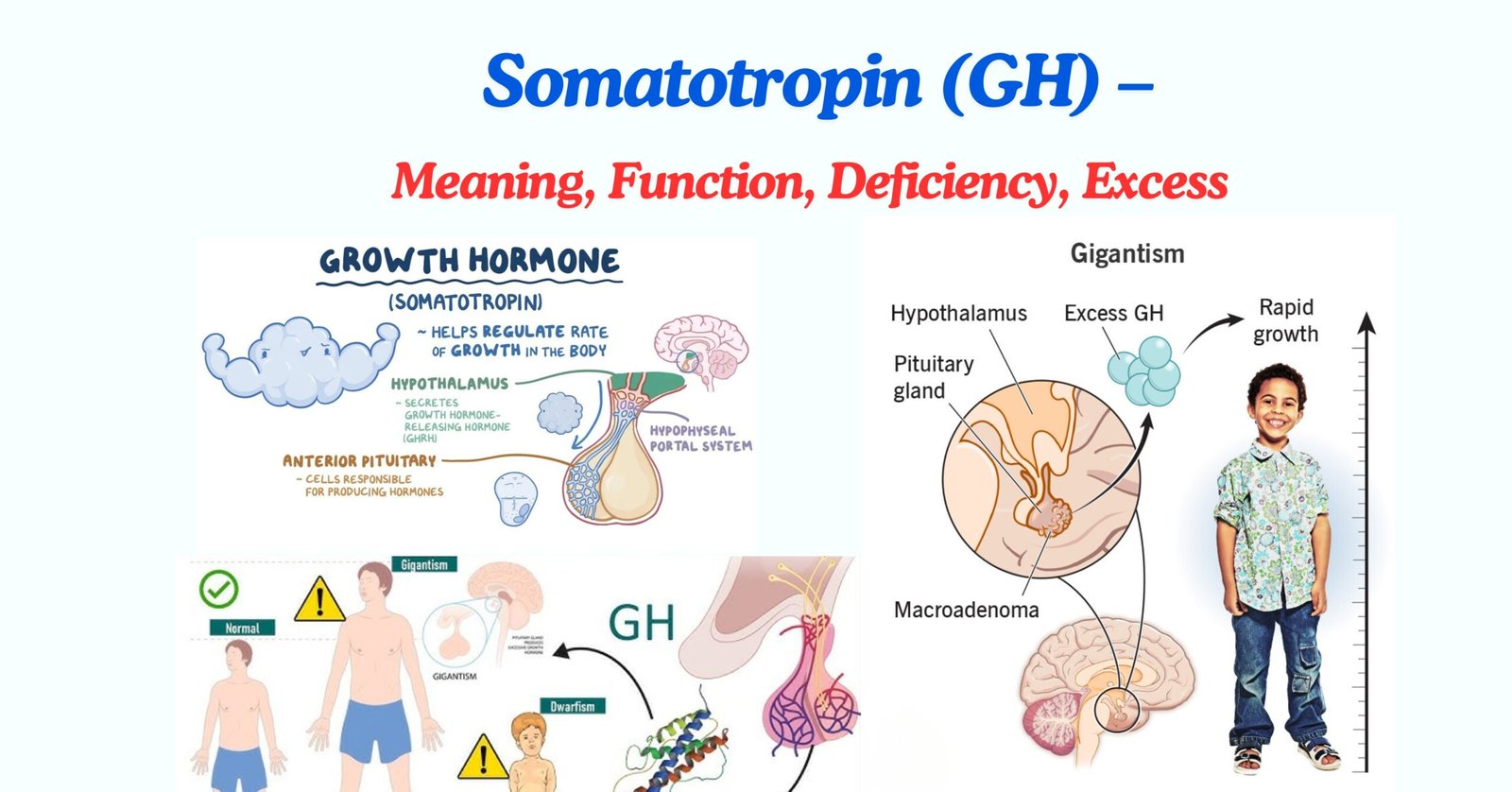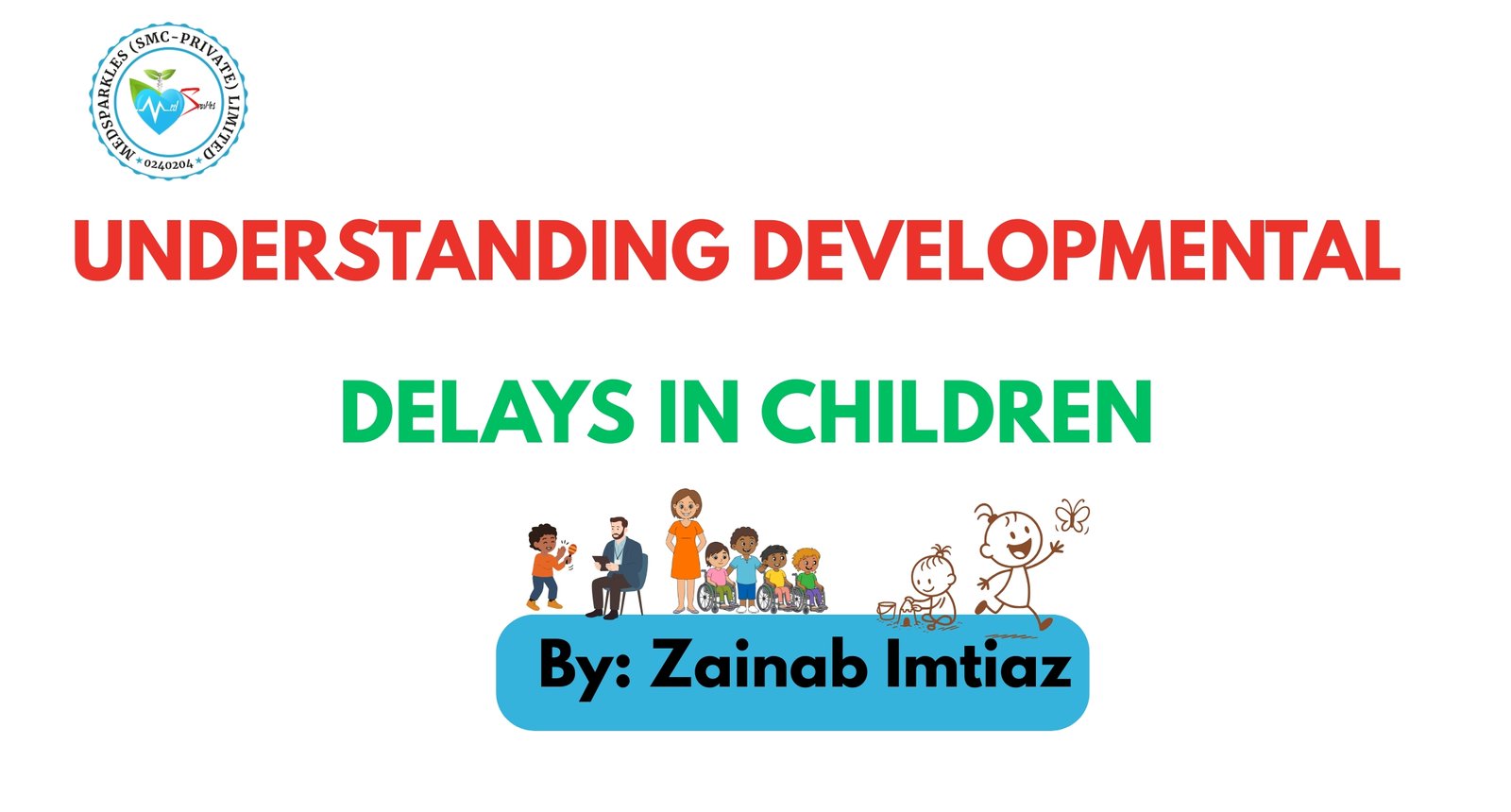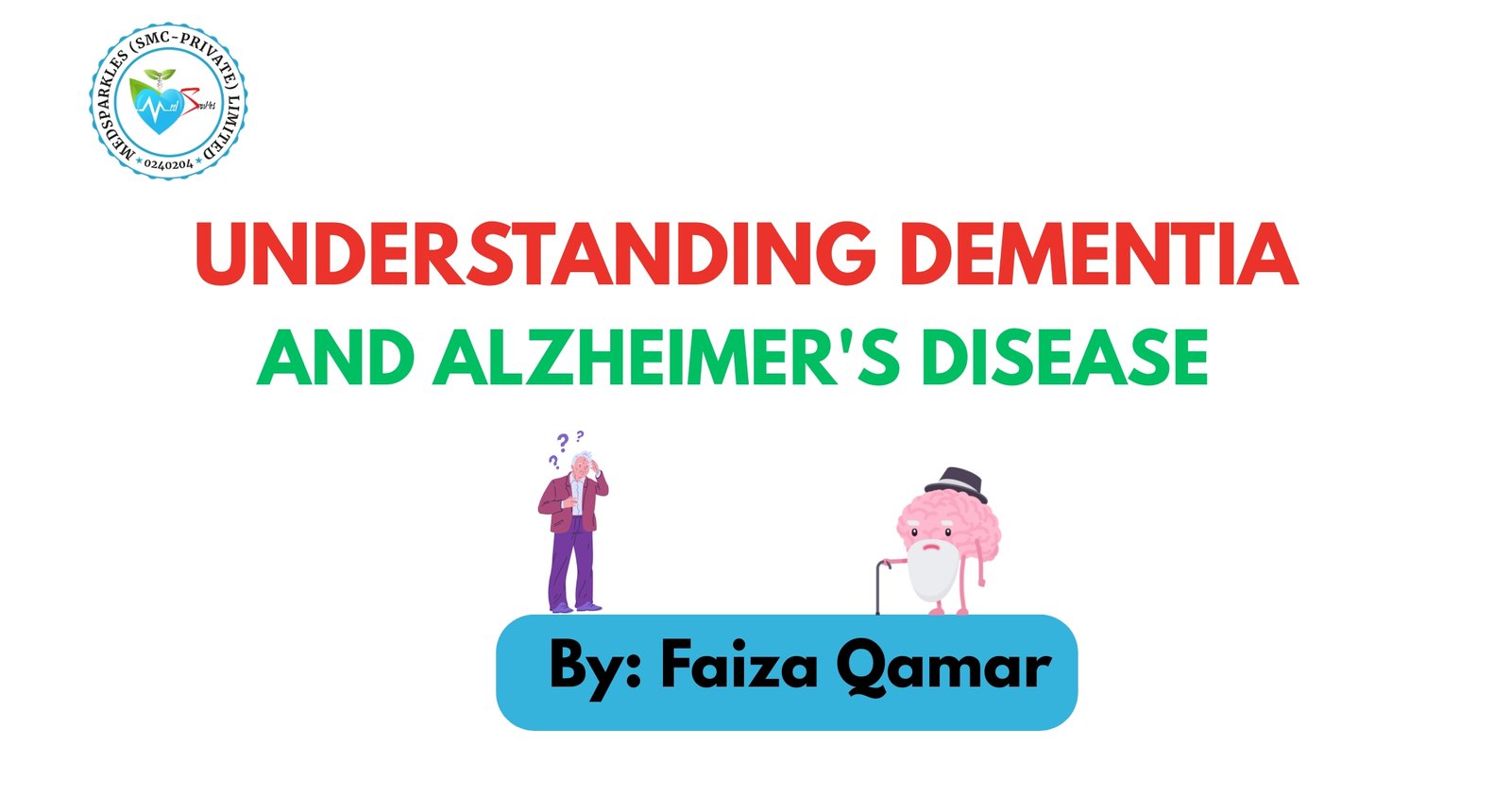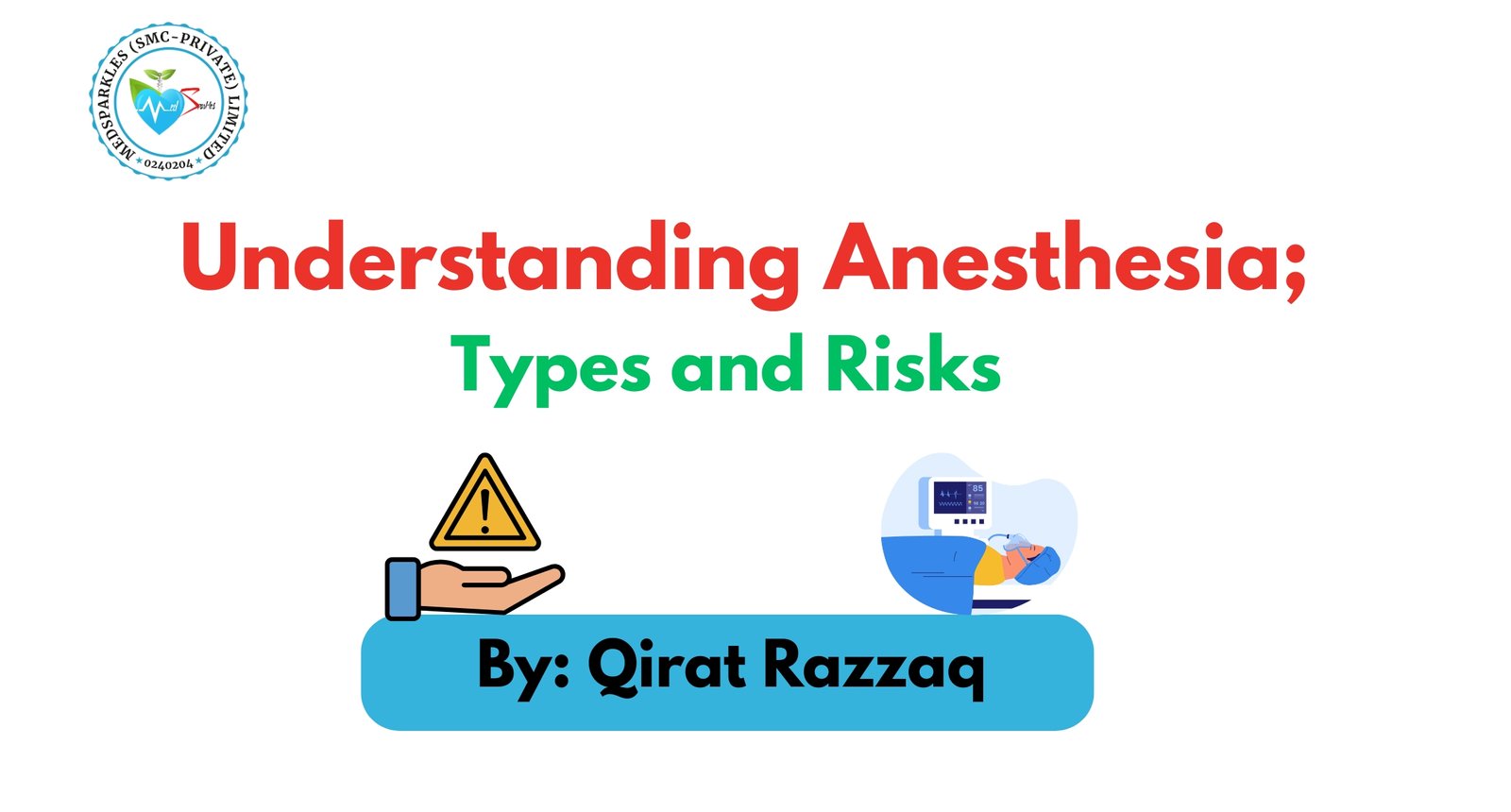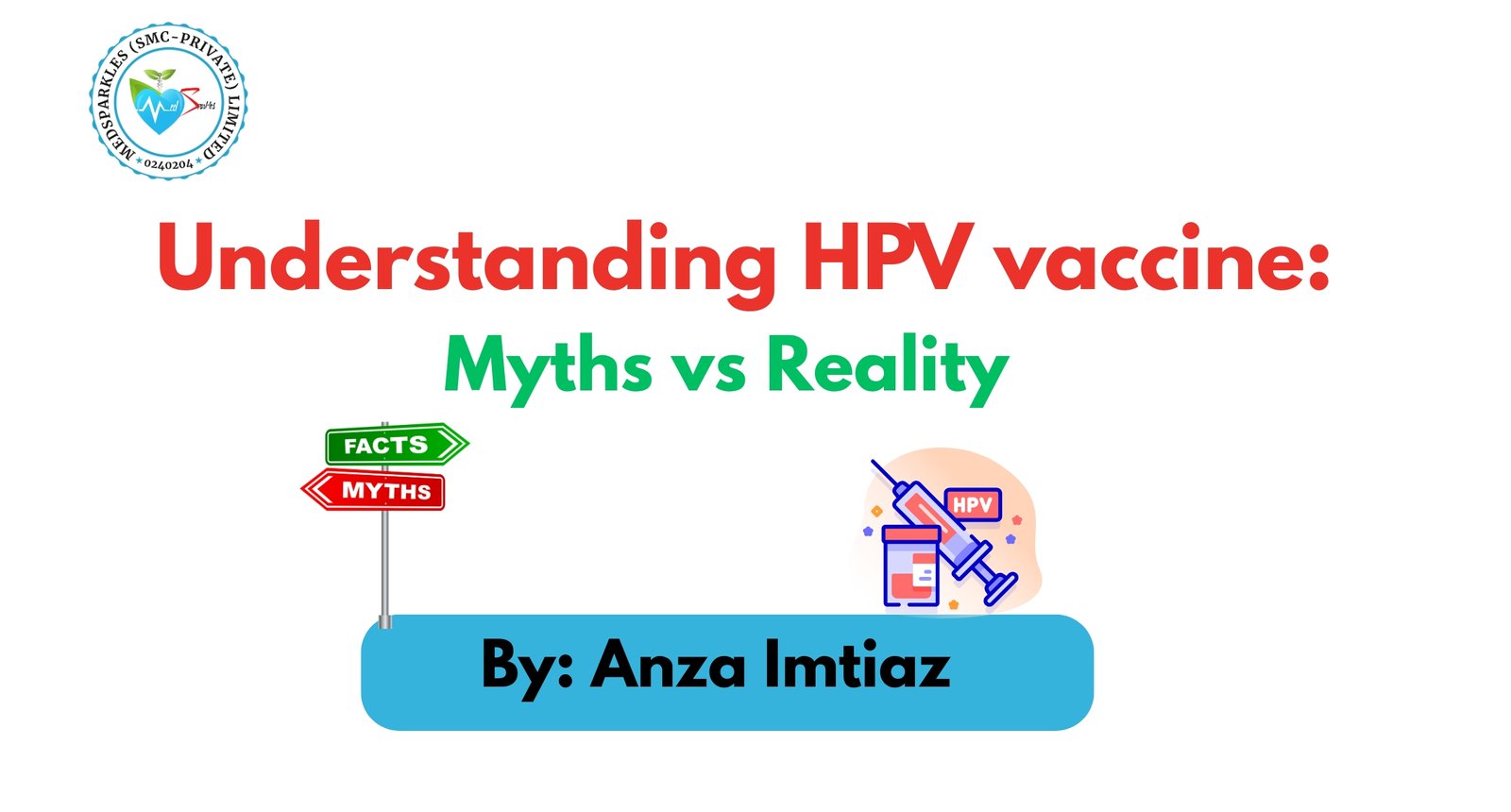Somatotropin (GH), also called growth hormone, Growth hormone ( GH, HGH, STH) plays a crucial role in growth, metabolism and cell repair. If a GH deficiency or excess is suspected, the GH levels are measured. Read everything you need to know about the growth hormone laboratory value, which standard value applies and what an increased or decreased value means.
As with almost any hormone, even the slightest disturbance in somatotropin (GH) levels can lead to dysregulation of the entire hormonal system. Our biopsychosocial functioning during the day depends on this, but also the possibility of sleeping comfortably and regeneratingly at night.
That is why it is so important to know not only what somatotropin (GH) is, but also how it works. This allows us to predict the potential dangers of somatotropin (GH) deficiency or excess and to detect possible symptoms of disease at an early stage.
Somatotropin (GH) – Meaning
Somatotropin (GH), also called growth hormone, is one of the most important hormones in the human body. It is produced by the anterior pituitary gland and is released in response to neurohormonal signals. The action of somatotropin (GH) is diverse and affects many processes in the body.
The synthesis of somatotropin (GH) is a complex process controlled by a number of regulatory factors. Growth hormone is produced as a precursor called somatoliberin, which is converted into the active form of somatotropin in the pituitary gland. The concentration of growth hormone in the blood is regulated in a pulsatile manner, with the highest levels occurring during sleep and in adolescence.
Somatotropin (GH) – Function
Somatotropin (GH) plays a crucial role in regulating growth and development of the body. It is responsible for the growth of tissues, protein synthesis, regeneration and energy metabolism. In addition, growth hormone also acts as a neuromodulator and affects cognitive and emotional functions.
The action of somatotropin (GH) is closely related to the process of body growth. The hormone stimulates the growth of tissues, both muscle and bone, by increasing cell division and protein synthesis. Somatotropin (GH) also affects metabolism by increasing the release of fatty acids from adipose tissue and stimulating gluconeogenesis in the liver, which contributes to an increase in blood sugar levels.
Growth hormone also has an anabolic effect by increasing the synthesis of proteins and decreasing the breakdown of proteins, which promotes the growth of muscle mass. In addition, somatotropin (GH) affects the body’s water and electrolyte balance by increasing the retention of sodium and calcium while decreasing the excretion of potassium.
Apart from regulating growth and metabolism, somatotropin also plays a role in neurocognitive processes. Somatotropin (GH) influences cognitive processes such as memory, learning, concentration and attention. It also performs important functions related to the growth and regeneration of tissues. It is therefore an important hormone responsible for the development and function of the body during growth and later in adulthood.
Somatotropin (GH) deficiency
A deficiency of somatotropin (GH) can be associated with problems in the pituitary gland, where it is produced, as well as other glands. The most common causes of somatotropin (GH) deficiency are:
- hypopituitarism;
- brain development disorders;
- brain tumor;
- head injuries.
A persistently low somatotropin level in the blood is not recommended. The most common consequences of a deficiency of somatotropin (GH) are:
- dwarfism;
- underdevelopment of the sexual organs;
- abdominal obesity;
- dry skin;
- rapid exhaustion;
- chronic fatigue;
- difficulty concentrating;
- sensory disturbances;
- mood disorders;
- sleep disorders.
What is HGH?
HGH is the abbreviation for “human growth hormone” . Other names for growth hormone are GH (growth hormone), STH (somatotropic hormone) and somatotropin .
GH is produced and released by the anterior pituitary gland ( hypophysis ), a small gland at the base of the brain. This happens mainly at night.
One of the main functions of GH is to stimulate the growth of the body. This is especially important during childhood and adolescence, when the body grows the fastest.
When is the HGH level determined?
Doctors determine HGH in patients with developmental disorders such as short stature or tall stature. The growth hormone level is also measured in cases of unusually strong growth not of the whole body but of individual parts of the body such as the hands and feet ( acromegaly ).
Likewise, certain metabolic or hormonal disorders can be the reason for a measurement, for example an underactive pituitary gland (anterior pituitary insufficiency).
What are the normal values for HGH?
The standard values for GH vary from laboratory to laboratory . In the specialist literature, the following standard values can be found :
- Newborns : 15 – 40 ng/ml
- Prepubertal children : 1 – 10 ng/ml
- Adolescents after puberty and adults : 0 – 8 ng/ml
However, different standard values are sometimes used. In the specific case, the standard values stated in the report apply.
Many factors influence the measured value
In principle, growth hormone levels can change within minutes . The hormone is released regularly in a specific temporal pattern. This is called pulsatile release .
In men, six to eight growth hormone pulses are observed within 24 hours. In women, however, the hormone is released irregularly and in larger “portions” (presumably due to the greater influence of estrogens ).
In addition, there are many disruptive factors that can affect growth hormone levels. These include stress and low blood sugar (hypoglycemia) .
For these reasons, blood sampling for HG measurement is strictly regulated: it must be done on an empty stomach at eight o’clock in the morning . In addition, a single measurement is usually not very meaningful .
When is HGH level low?
Normally, HGH levels fluctuate throughout the day, with levels being lower during the day than at night.
It also naturally decreases with age because the pituitary gland secretes less and less growth hormone. This phenomenon is called somatopause . It is thought that this decrease in HGH levels contributes to some of the physical changes that accompany aging (eg loss of muscle mass and increase in body fat).
Certain lifestyle factors also affect HGH levels. For example, glucose intake and lack of sleep reduce HGH production.
In addition, certain medications reduce growth hormone levels. For example, glucocorticoids suppress the release of HGH. These active ingredients are often used to treat asthma , rheumatic diseases , allergies and other illnesses.
A low GH level can also be caused by illness: in some people, the function of the pituitary gland in the area of its anterior lobe is impaired ( anterior pituitary insufficiency ). The pituitary gland can then no longer produce or secrete one or more of its hormones – including growth hormone (HGH).
However, measuring the HGH level is not enough to detect this dysfunction of the pituitary gland. Functional tests are needed for diagnosis. For example, stimulation tests can be used to specifically stimulate the pituitary gland to release its hormones, so that their blood levels can then be measured.
When is the HGH level increased?
Physiologically, GH levels are usually highest during deep sleep and during intense physical activity . During deep sleep, the body undergoes various regenerative processes such as muscle growth and tissue repair, which are promoted by GH. Similarly, during intense physical activity, the body needs to repair and build muscle tissue.
In addition, a high-protein diet , fasting (low blood sugar) and stress stimulate HGH secretion.
An increased growth hormone level can also occur with a benign tumor of the pituitary gland ( pituitary adenoma ). Sometimes these tumors cause increased levels of growth hormone to be produced and released.
This can lead to gigantism in children and enlargement of individual body parts such as hands and feet ( acromegaly ) in adults. Here, too, the diagnosis can only be made with the help of functional tests and not by a single HGH determination.
An increased GH level can also indicate the misuse of growth hormones as a drug . Growth hormones are mainly used in endurance and strength sports such as cycling or bodybuilding to illegally enhance performance ( doping ).
What to do if values change?
A one-time abnormal HGH level means little to nothing, as the values fluctuate greatly throughout the day and are subject to many influencing factors. Therefore, further tests and examinations are usually necessary to diagnose a disorder of HGH secretion. These include, for example:
IGF-1 measurement: Insulin-like growth factor 1 (IGF-1) is a hormone that is regulated by HGH. Abnormal levels of this hormone indicate an HGH deficiency or excess.
GH Challenge/Stimulation Test: This test measures the response of the pituitary gland (which produces HGH) to stimuli. It involves administering a substance that normally stimulates the pituitary gland to release HGH and then measuring HGH levels at regular intervals. This test is particularly useful in diagnosing HGH deficiency.
Oral glucose tolerance test: This test is used specifically to diagnose an excess of HGH, such as in acromegaly . The patient drinks a glucose (sugar) solution, which normally suppresses HGH production. However, in people with acromegaly, HGH levels remain high.
Pituitary imaging: A brain scan using magnetic resonance imaging (MRI) can reveal abnormalities in the pituitary gland, which can help identify tumors that may be causing excess HGH.
Genetic testing: In cases of severely impaired growth in childhood or a family history of HGH disorders, doctors often recommend genetic testing. This can identify genetic causes for abnormal growth hormone levels.
Somatotropin (GH) excess
An excess of somatotropin (GH) is most commonly associated with disorders of the hormonal system. The most common causes of an excess of somatotropin (GH) are:
- hyperpituitary gland;
- Brain tumor, especially pituitary adenoma.
A sustained high level of somatotropin (GH) in the blood is not recommended. The most common effects of a somatotropin (GH) excess are:
- gigantism;
- acromegaly;
- body deformities;
- bone and joint enlargement;
- enlargement of internal organs;
- Excessive body hair;
- Increased sweat production;
- insulin resistance;
- Diabetes;
- Psychomotor restlessness;
- mood disorders;
- sleep disorders.
Somatotropin (GH) – sleep comfort
Mateusz Nesterok, a health and rehabilitation psychologist who works with ONSEN®, points out the effects that an excess of somatotropin (GH) has. While somatotropin (GH) is essential in life and plays a positive role, maintaining its optimal level is crucial for good health. An excess of growth hormone in children can lead to gigantism and acromegaly, while in adults it increases sweating and causes cognitive disorders. The effects of an excess of somatotropin (GH) can be mood disorders and often diabetes and other metabolic disorders.
He points out that too low levels of growth hormone are also not a desirable condition for humans. A low level of somatotropin (GH) also leads to mood disorders and also impairs cognitive processes. In addition, it leads to the accumulation of fatty tissue in the abdominal area. It also causes dwarfism and complicates and slows down sexual development.
As scientific studies show, somatotropin (GH) plays an important role in regulating the amount of REM sleep in humans. Supplementing growth hormones during sleep prolongs it. This is also because the level of somatotropin (GH) is linked to dopamine and the entire cholinergic system in the human brain. Therefore, hormone levels should be taken into account when evaluating sleep disorders.
Comfortable and healthy sleep promotes the maintenance of optimal somatotropin (GH) levels in the blood. However, this requires a functional mattress that provides ideal body support and spine support. Maintaining the physiological spinal curvatures during sleep, as well as the possibility of complete relaxation of the body, has a positive effect on all body systems, including the hormonal system
FAQ: Somatotropin (GH)
What is somatotropin (GH) responsible for?
Somatotropin (GH) is primarily responsible for growth. The task of somatotropin (GH) is to stimulate tissue growth, promote protein synthesis and regenerate the body. It also influences human energy metabolism. In addition, somatotropin (GH) acts as a neuromodulator that shapes cognitive and emotional functions.
What are the effects of a deficiency or low levels of somatotropin (GH)?
A deficiency of somatotropin (GH) during adolescence can lead to dwarfism and sexual underdevelopment. Low levels of somatotropin (GH) in adolescents and adults are manifested by rapid fatigue and chronic fatigue. In addition, a deficiency of somatotropin (GH) can cause abdominal obesity and mental disorders.
What are the effects of excessive or high levels of somatotropin (GH)?
The main effect of excessive or high levels of somatotropin (GH) during adolescence is the possibility of acromegaly and gigantism. In addition, high levels of somatotropin (GH) lead to body deformities, bone and joint enlargement, and enlargement of internal organs. Too high levels of the hormone in the blood often lead to insulin resistance and diabetes.
How can the secretion of somatotropin (GH) be increased?
The secretion of somatotropin (GH) can be increased by administering pharmacological agents according to the recommendations of a specialized doctor. An abnormal level of hormones in the blood requires endocrinological consultation. However, the level of hormones in the blood also increases during intense strength and endurance training.
How can the secretion of somatotropin (GH) be reduced?
The secretion of somatotropin (GH) can be reduced by administering pharmacological agents according to the recommendations of a specialized doctor. An abnormal level of hormones in the blood requires endocrinological consultation. As a rule, patients are given somatostatin, which reduces the level of hormones in the blood, as it has an antagonizing effect.
